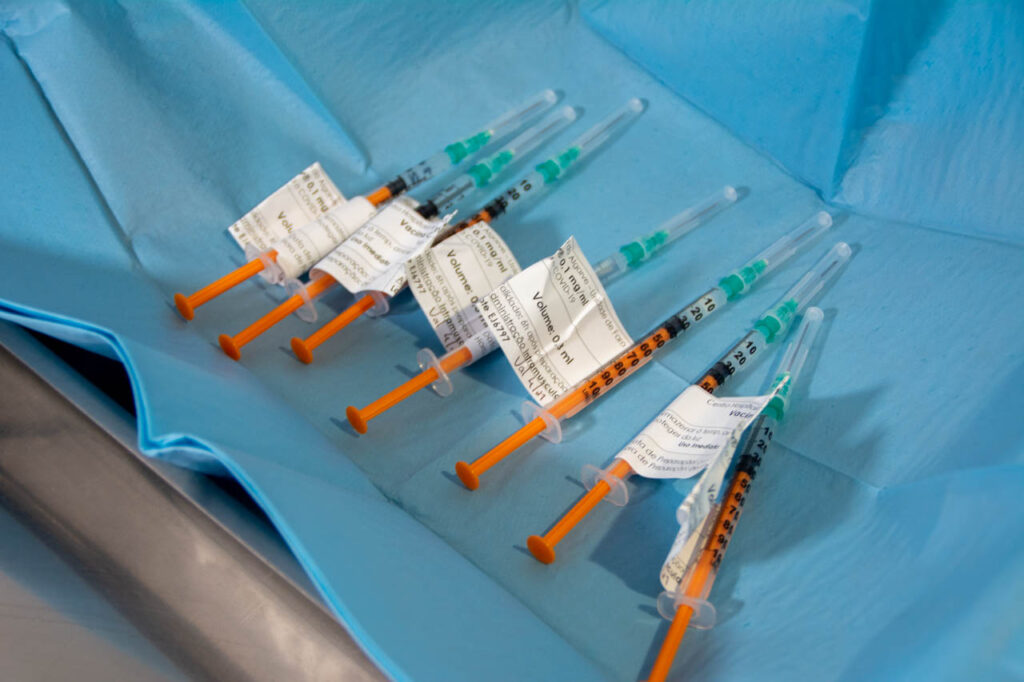The European Commission has decided to acquire another 100 million doses of the vaccine developed by Pfizer and BioNTech against Covid-19, which began to be administered in the European Union last weekend, announced the president of the community executive.
“We decided to purchase an additional 100 million doses of the BioNTech/Pfizer vaccine, which is already being used to vaccinate citizens across the EU. We will thus have 300 million doses of this vaccine, which was considered safe and effective. More vaccines will follow!” wrote Ursula von der Leyen on her official Twitter account.
Approved on December 21 by the European Medicines Agency (EMA) and the European Commission, the vaccine developed by Pfizer and BioNTech began to be distributed at the same time in the 27 member states - a commitment from Brussels to ensure equal treatment for all - , and the EU vaccination campaign started last weekend, although not yet in all countries.
Brussels had purchased 200 million doses of this vaccine, which it expected to be administered by September 2021, and has now decided to reserve another 100 million doses, even though it will very soon have other vaccines against Covid-19, as it has a large portfolio of potential vaccines.
The community executive has a portfolio with five other potential vaccines, developed by AstraZeneca, Sanofi-GSK, Johnson & Johnson, CureVac and Moderna, the latter being the next to receive a 'green light' from the EMA, which has scheduled its scientific opinion to January 6th.
One of the EU Member States that has already started the vaccination process, on Sunday, was Portugal, which has already received the two shipments of vaccines scheduled for this month, in a total of 79.950 doses, with the Minister of Health on Monday, Marta Temido, indicated that Portugal expects to receive the same amount (79.950 deliveries) "in each of the four weeks of January".


















Comments